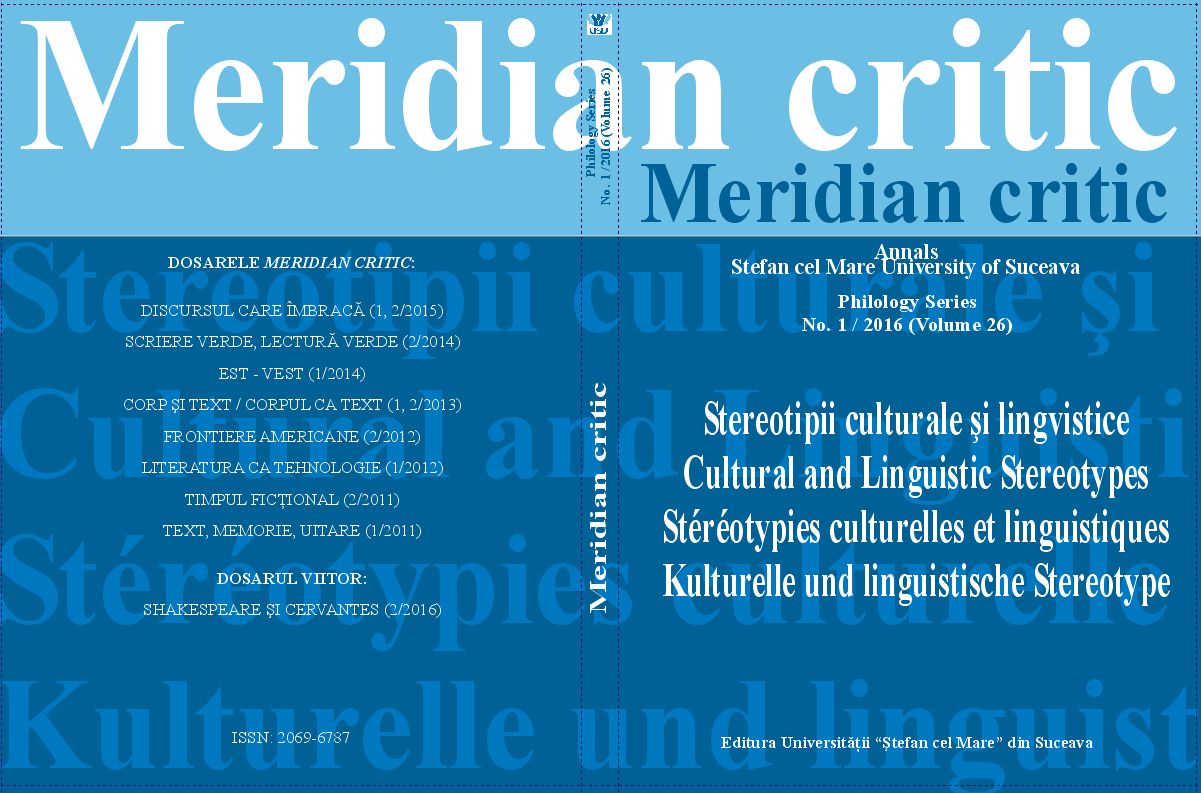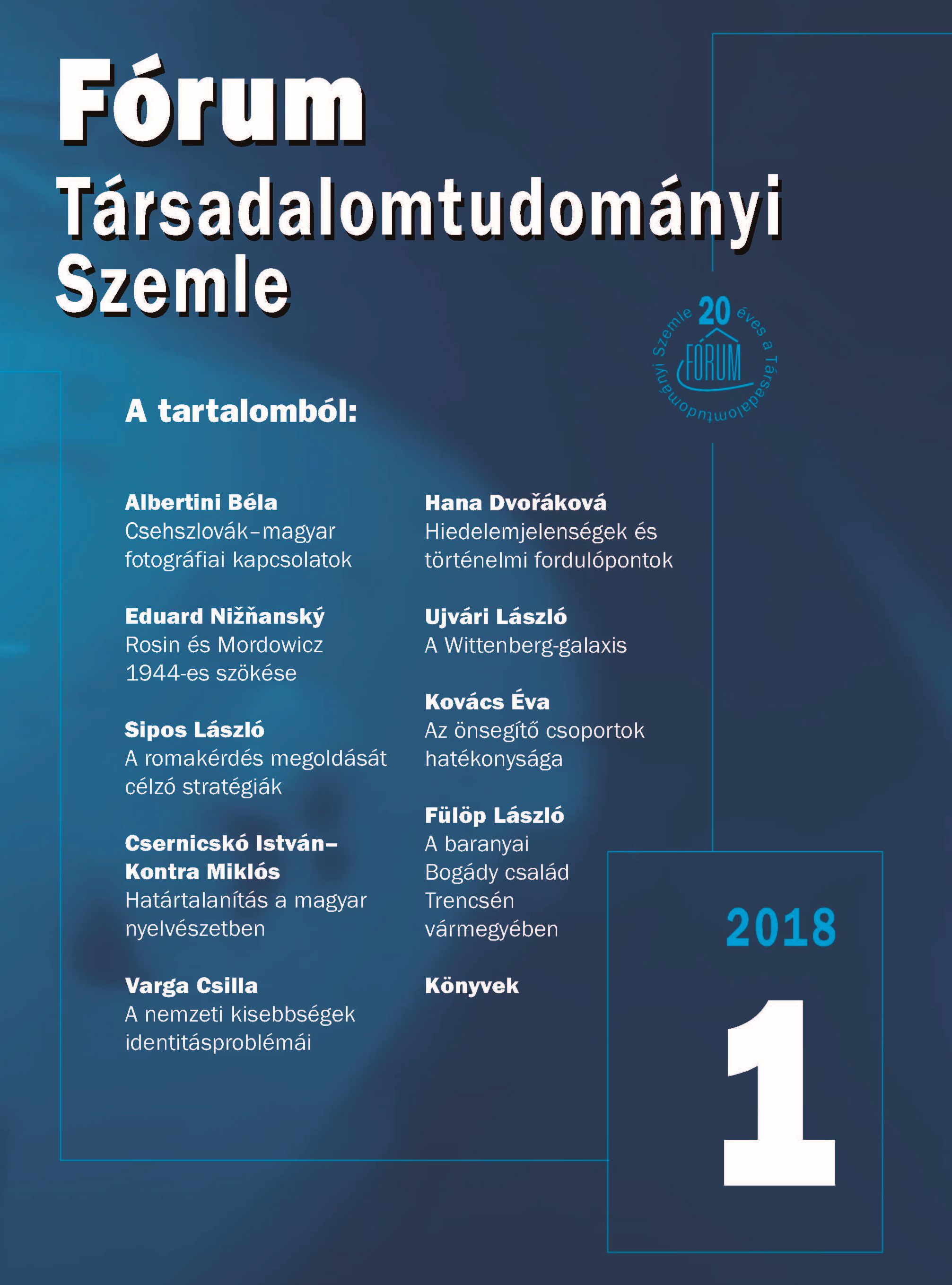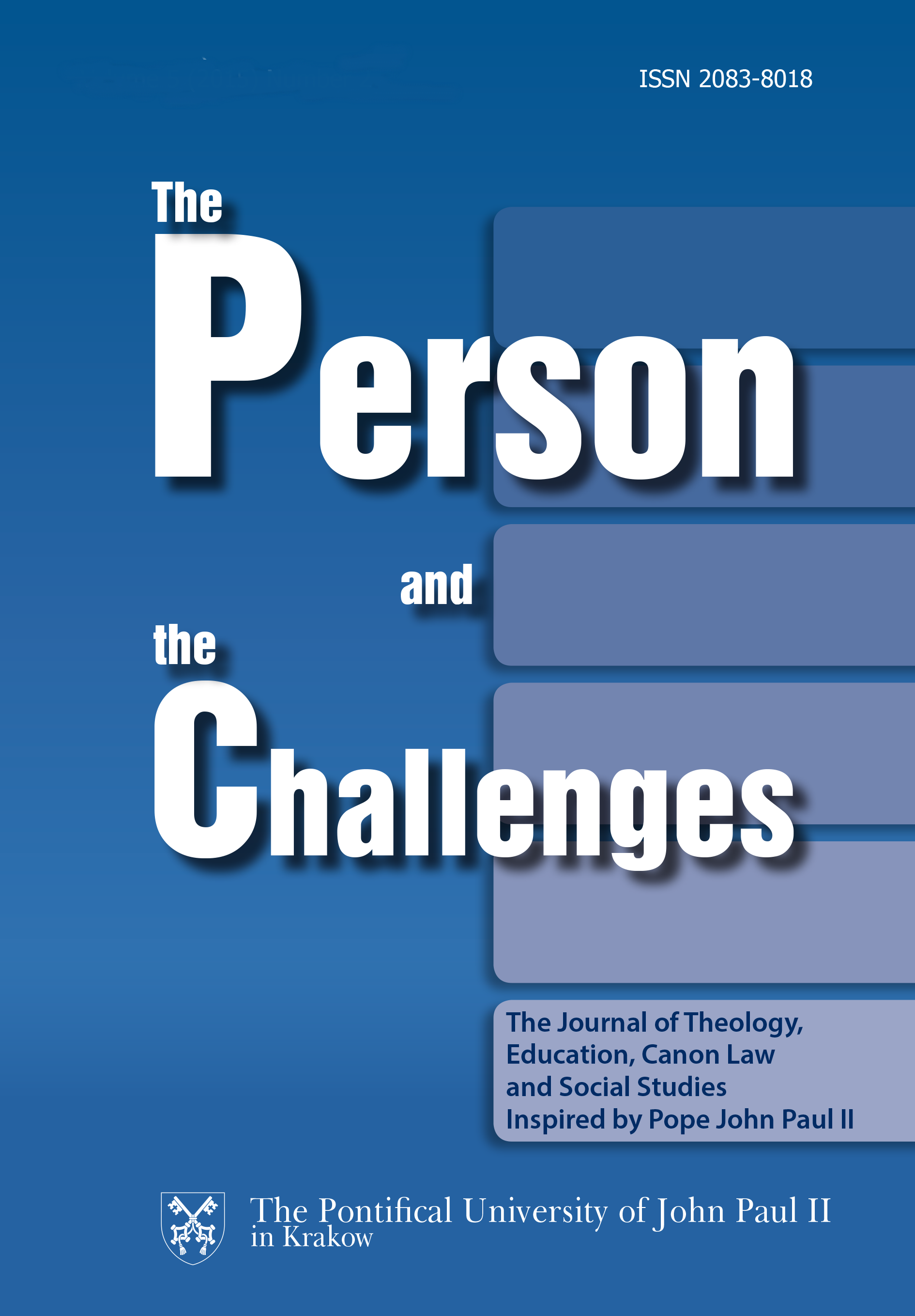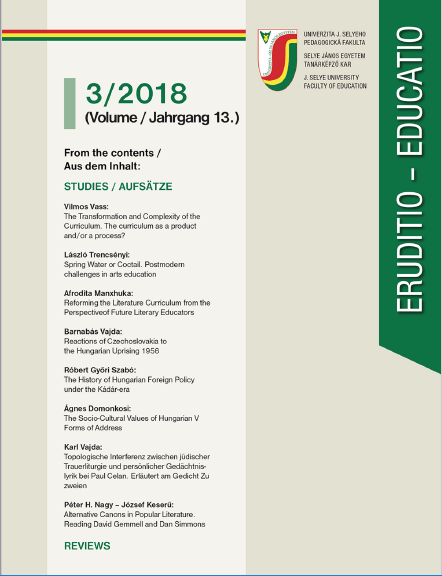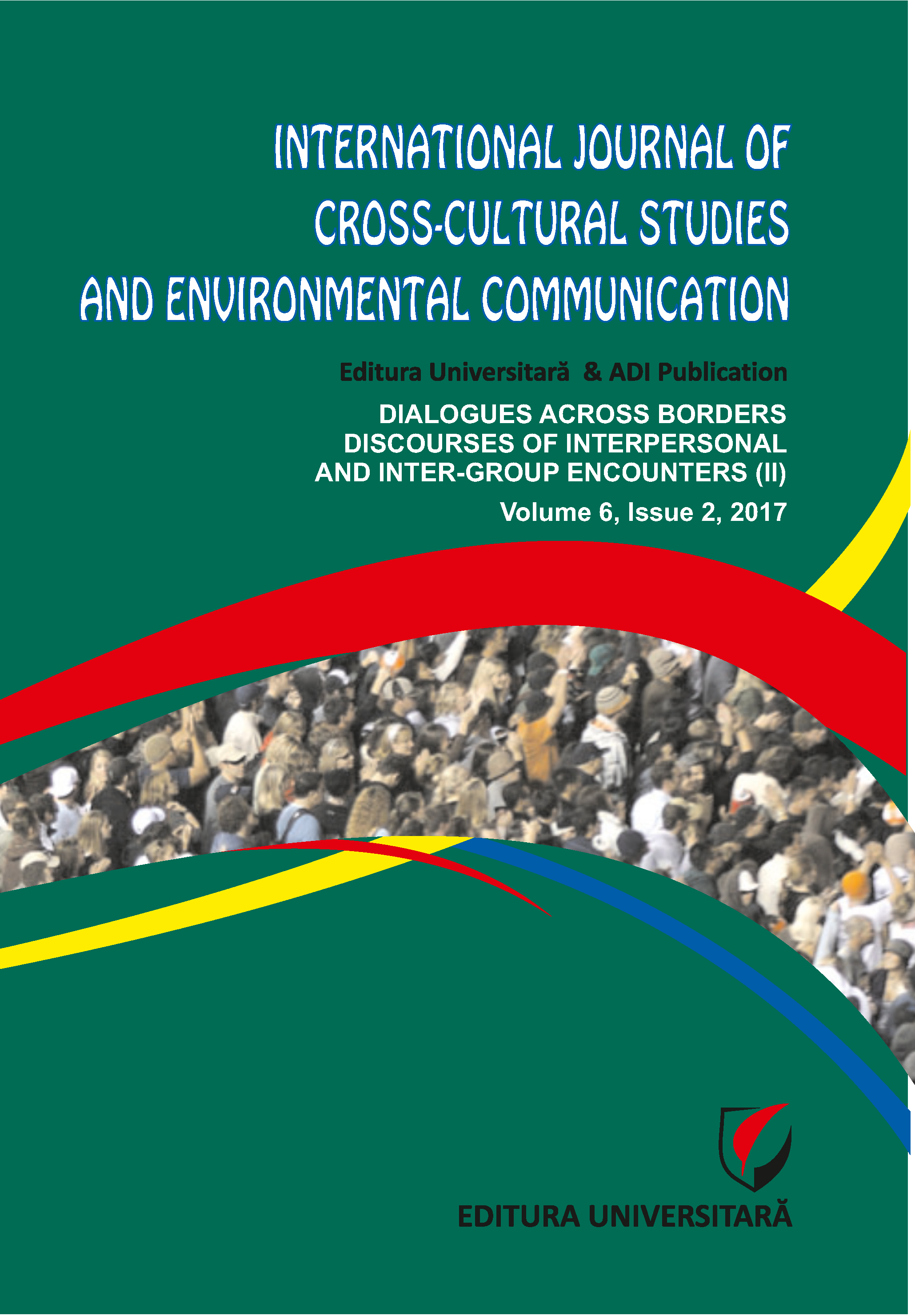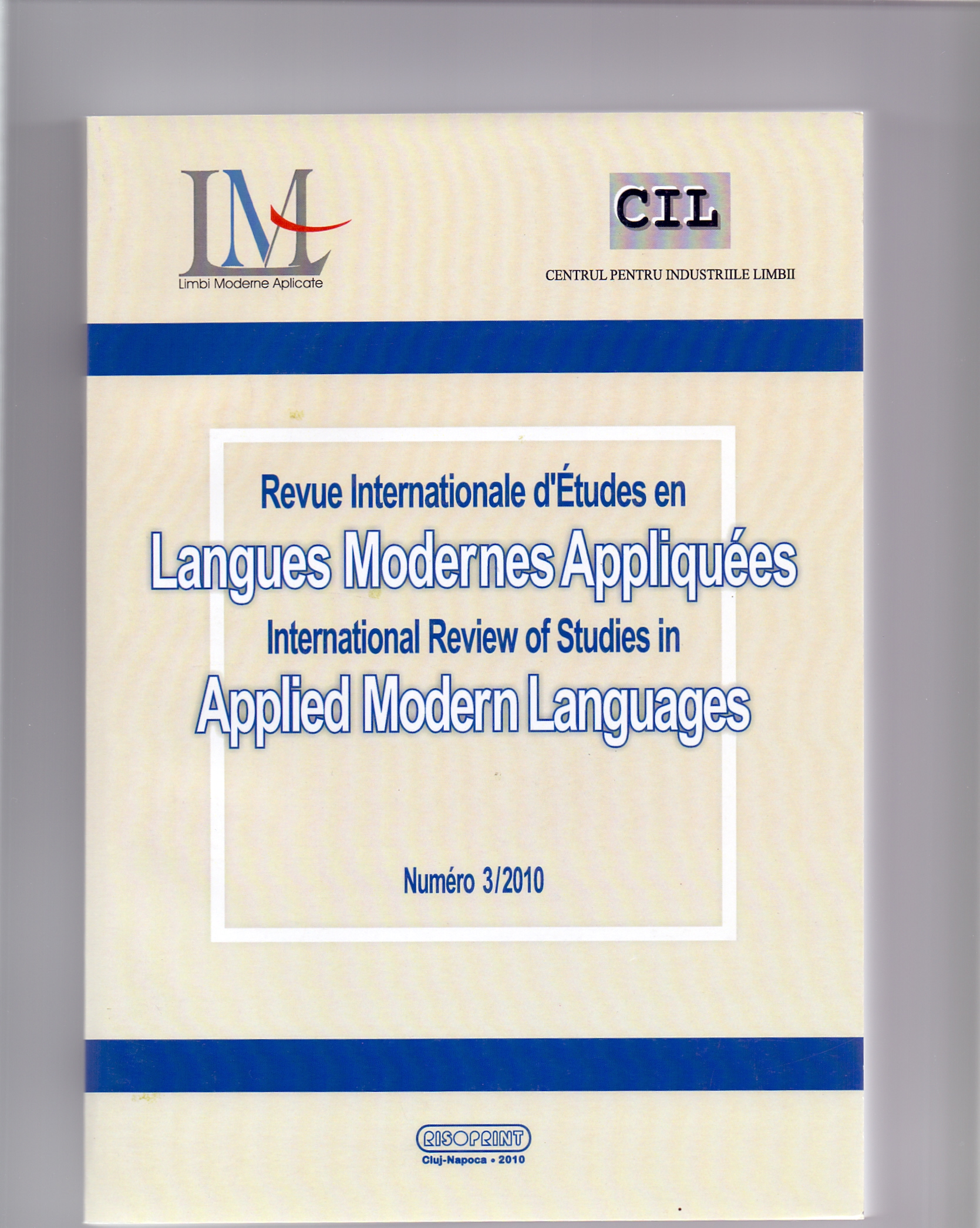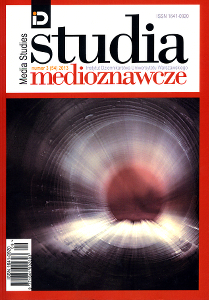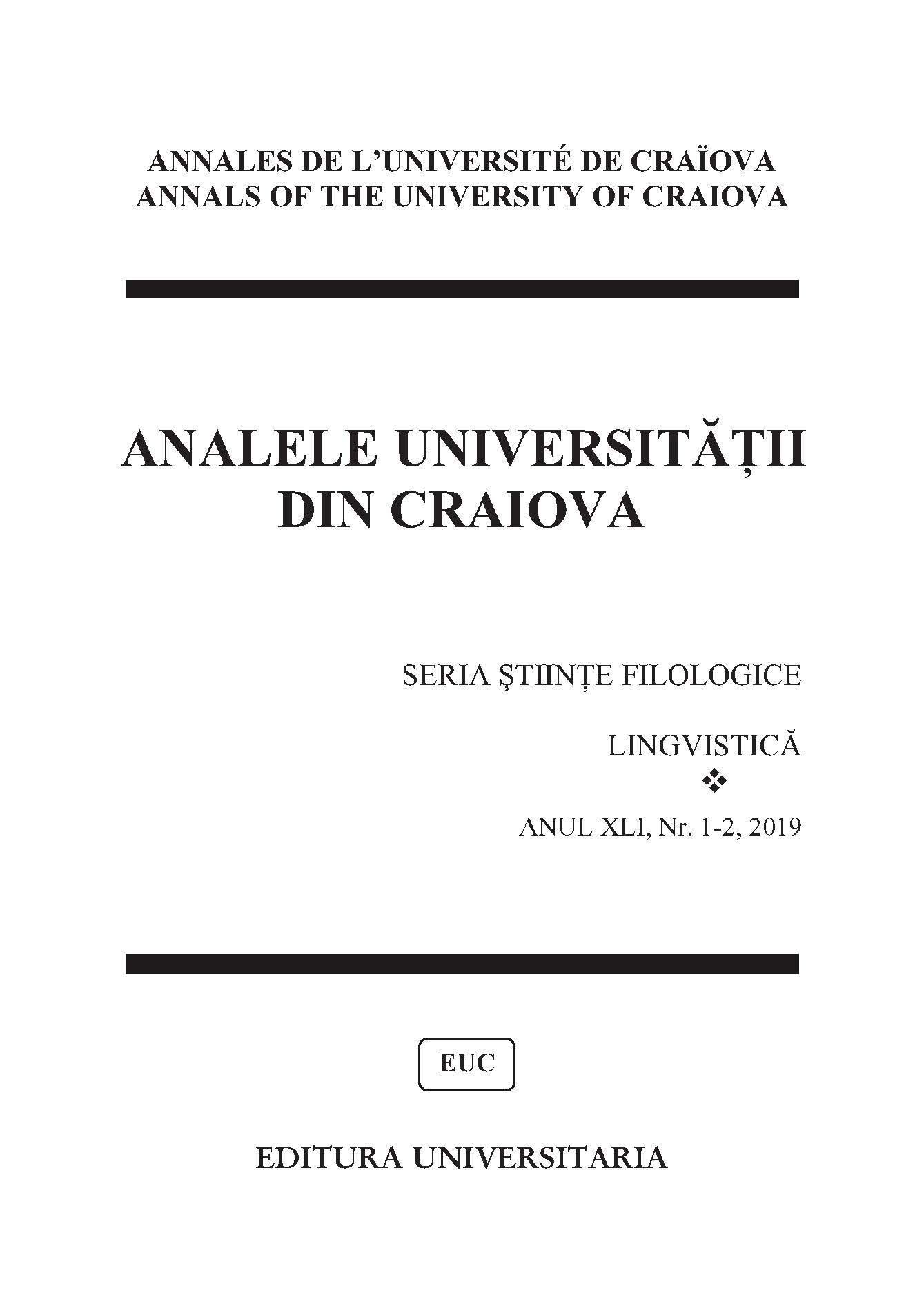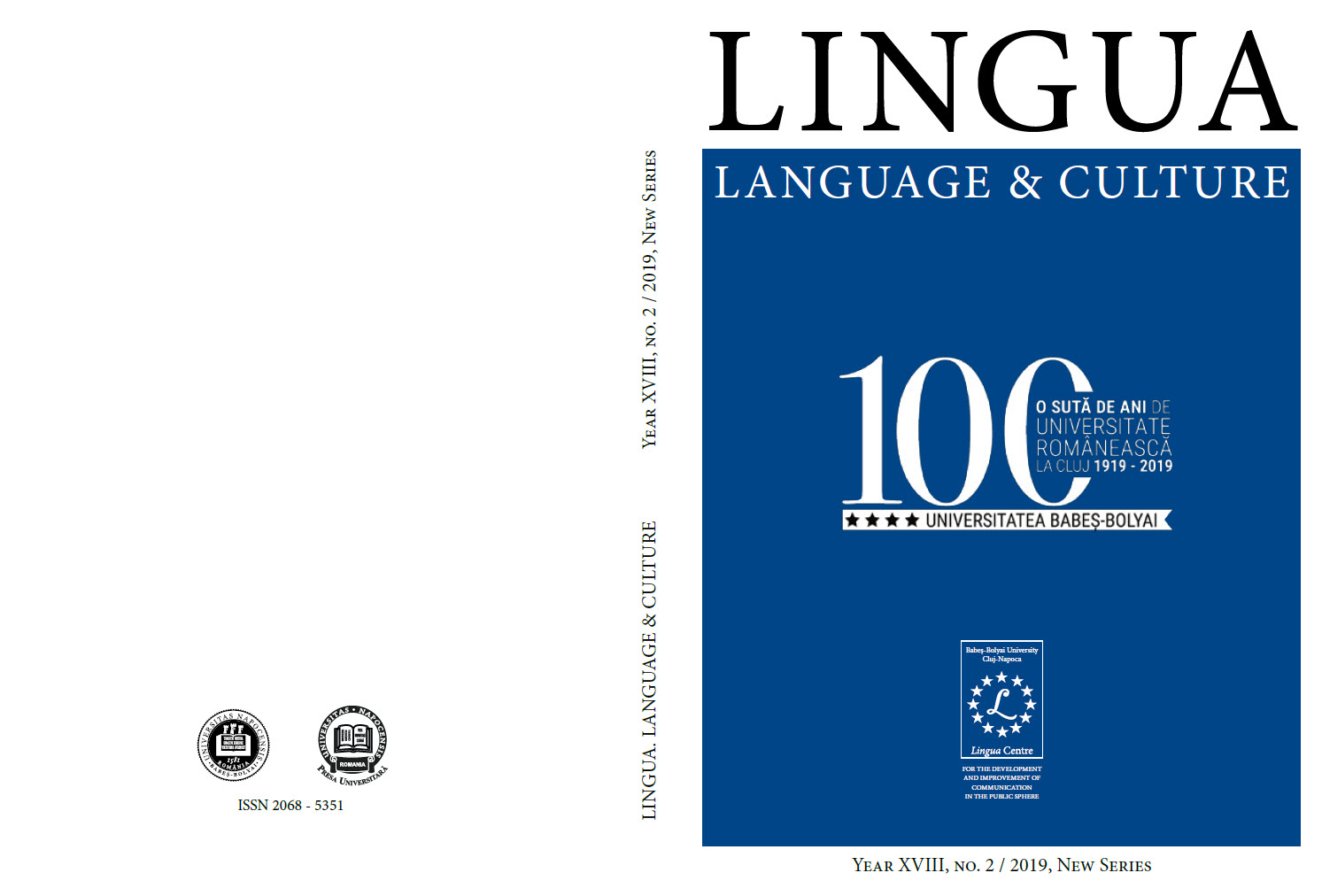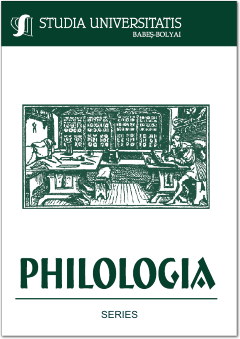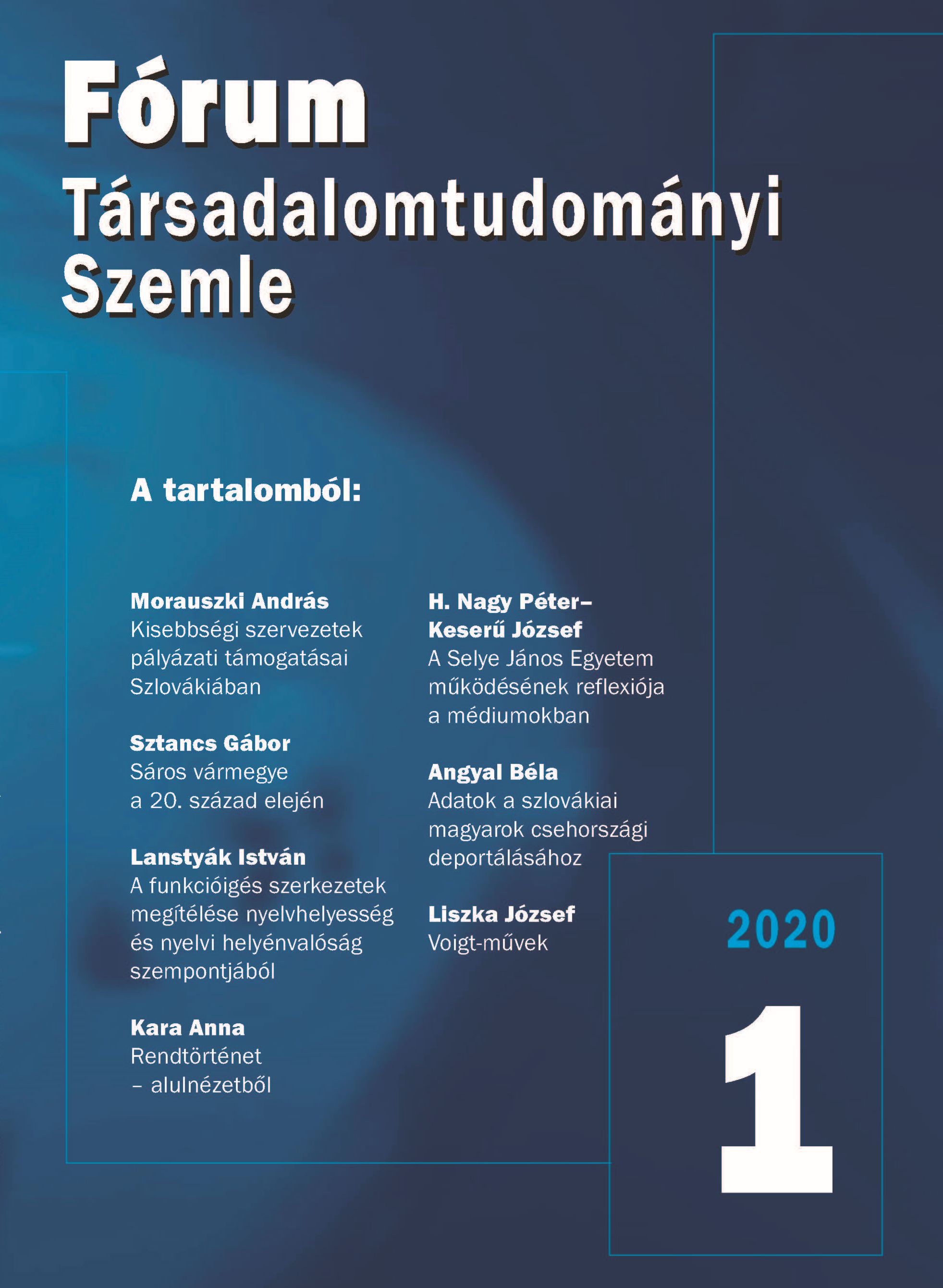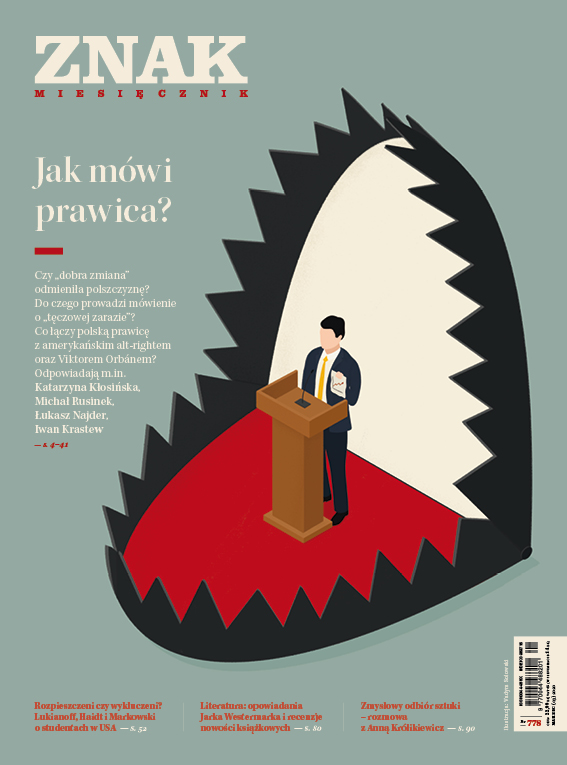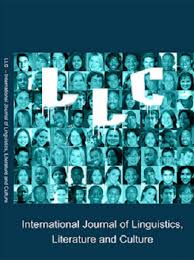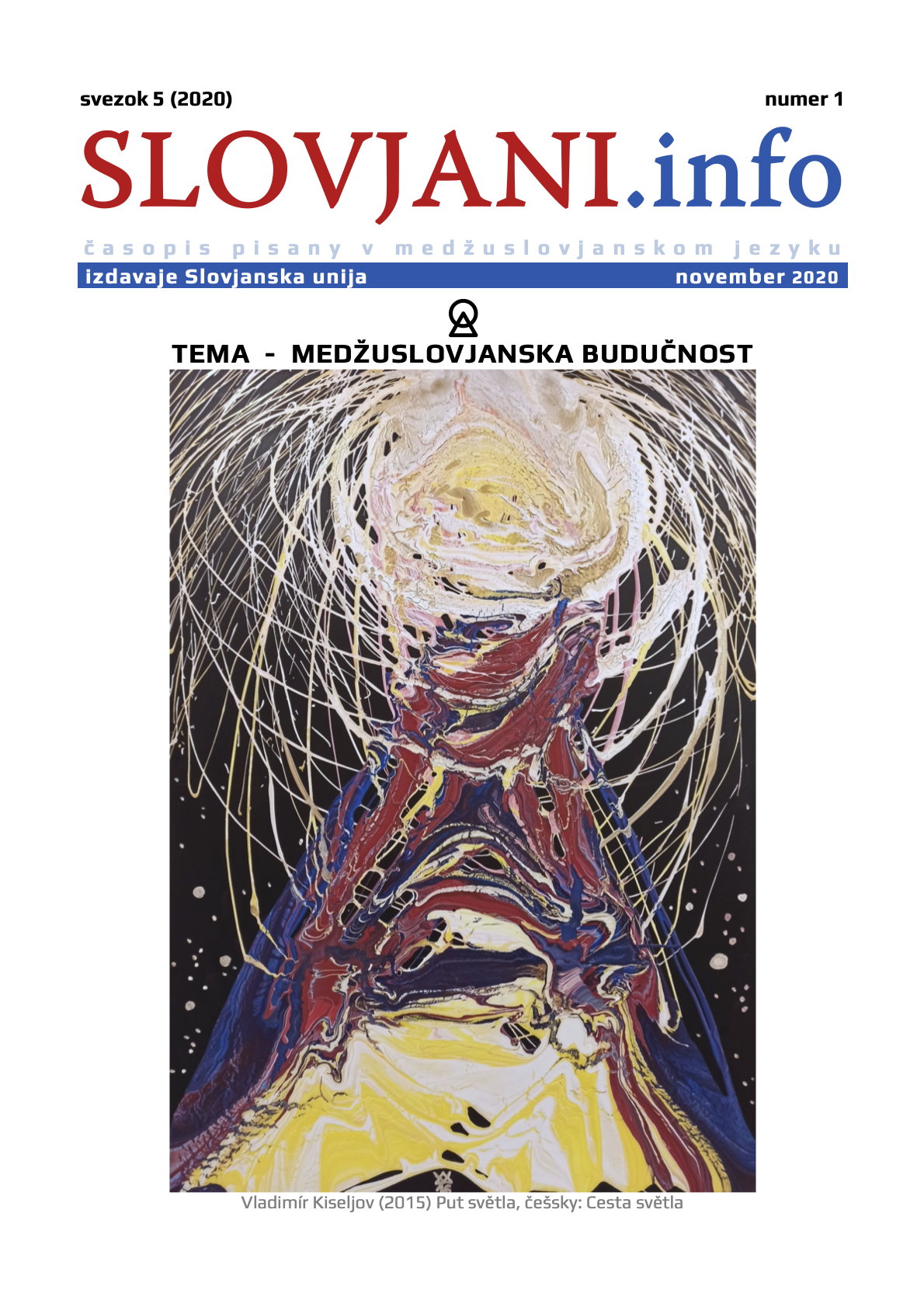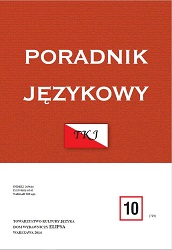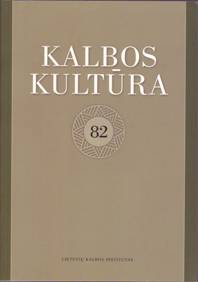
Sociolingvistinis tarminių kodų taisyklingumo tyrimas
The concept of grammatical well-formedness is concerned with standard language. Dialects are spontaneous systems, they show the development of a language and usage peculiarities. Any dialect might adopt elements from foreign systems; however, they do not become ungrammatical. It can thus be claimed that the criterion of grammatical well-formedness is in principle unsuitable for dialects. However, the experience of researchers from other countries has shown that evaluating dialectal codes in terms of grammatical well-formedness in the framework of perceptive dialectology is usual practice.The present investigation focuses on the grammatical well-formedness of dialectal codes. Considering the data of perceptive research, the paper aims at defining the well-formedness of dialectal codes from the user’s/receiver’s (evaluator’s) point of view rather than the researcher’s. The concluding remarks on the wellformedness of dialectal codes are based on a research conducted in October-December of 2008 in the districts of Kaunas and Šakiai and focusing on the perception and evaluation of dialectal speech by secondary schoolstudents in their 9-12 year at school (aged 14-18). The research materials covered a corpus of 6 textstimuliand a questionnaire; both were prepared in accordance with the requirements of perceptive dialectology.To conclude, young respondents adhere to a certain prototype of a well-formed expression. For them, well-formedness is primarily concerned with standard language. However, in this context a natural question could arise: is well-formedness related with the school students’ actual experience or confined to the knowledge received at school that language is a well-formed system and that it serves (or can serve) as a reference to evaluate another expression? Since dialects are usually discussed in the framework of general requirements applicable to standard language, they are usually treated as ungrammatical rather than grammatical.A major factor determining the well-formedness of a dialectal code is its affinity to standard language: the more similar the dialectal code is to standard language, the more grammatical it is. Young respondents consider the well-formedness as a major factor of communicative success: if the text is difficult to understand, it is also more or less ungrammatical.Differing evaluation of the dialectal codes of Highlanders (aukštaičių) and Lowlanders (žemaičių) provides basis for further research that dialectal codes of Highlanders are treated as more grammatical than Lowlanders.
More...
